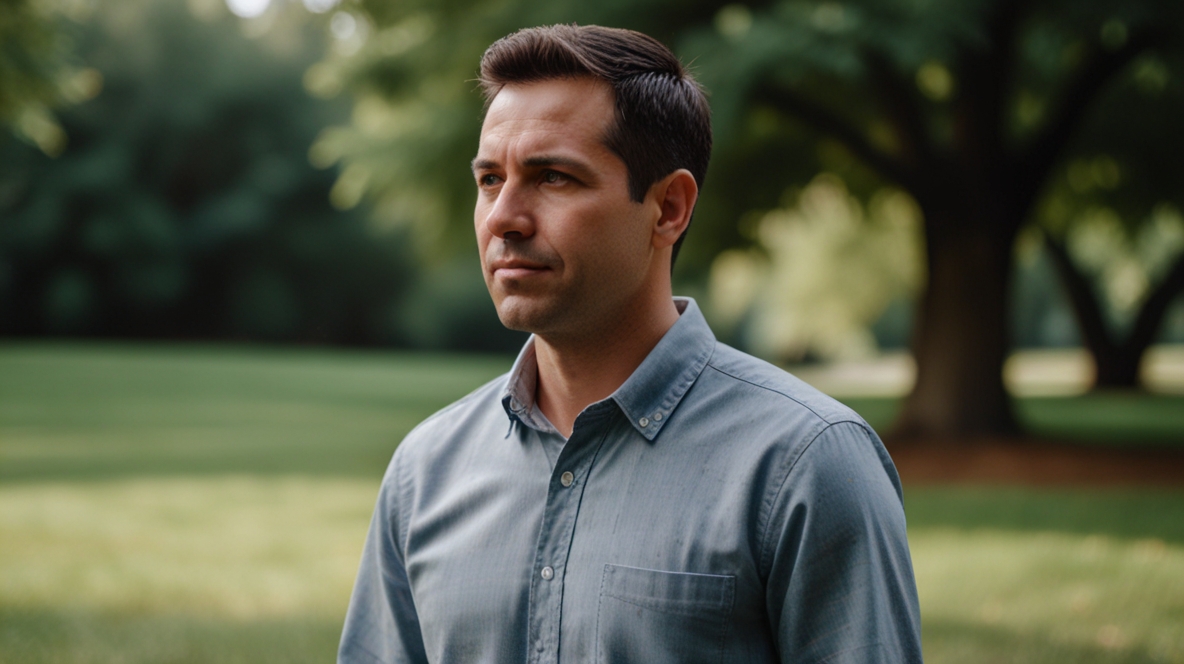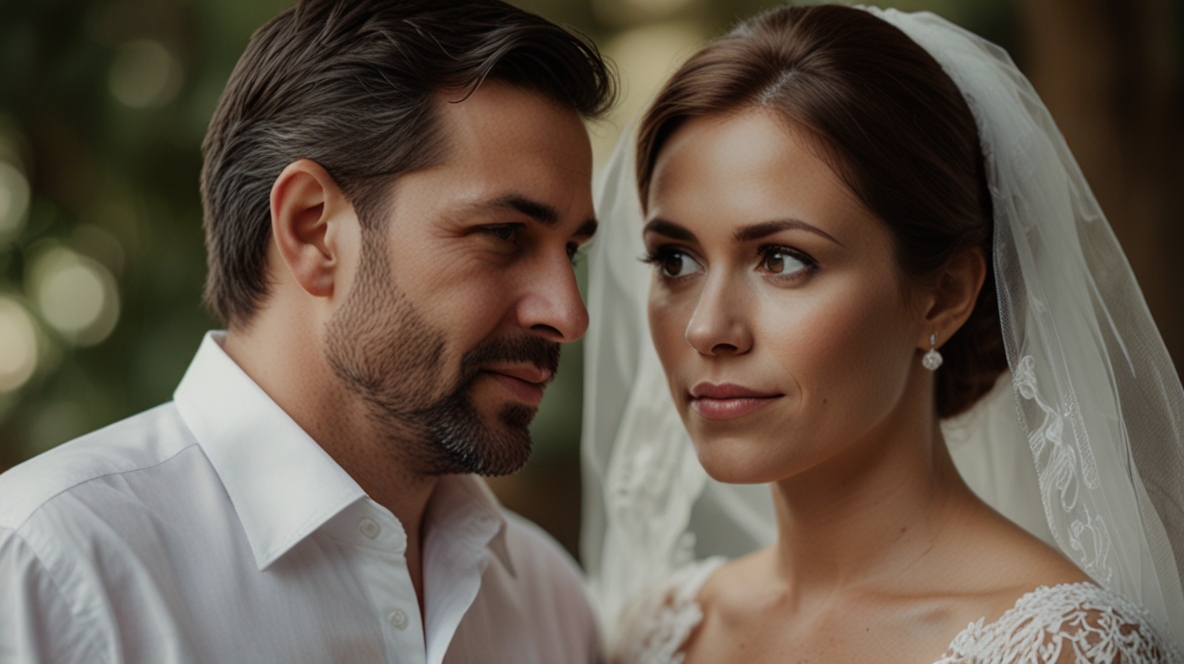
Marriage is a significant life milestone that requires careful consideration and self-awareness. For men contemplating this commitment, understanding whether you’re truly ready can be challenging. This guide offers key considerations and self-assessment tips to help you evaluate your readiness for marriage.
1. Reflect on Your Personal Goals
Evaluate Your Life Goals: Before considering marriage, reflect on your personal aspirations and goals. Are you satisfied with where you are in your career, finances, and personal growth? Marriage is a partnership that often involves aligning your goals with those of your partner. Assess whether your current life stage supports the addition of a long-term commitment.
2. Assess Your Emotional Maturity
Understand Your Emotional Readiness: Emotional maturity is crucial for a successful marriage. Evaluate how well you handle stress, conflict, and change. Are you capable of managing your emotions and communicating effectively? Emotional readiness involves understanding your own needs and being able to support and understand your partner’s needs.
3. Evaluate Your Relationship Stability
Consider the Strength of Your Relationship: Take a close look at the stability and health of your current relationship. Are you and your partner able to resolve conflicts constructively? Do you share similar values, goals, and expectations for the future? A strong and stable relationship is a solid foundation for marriage.
4. Financial Stability and Planning
Review Your Financial Situation: Financial stability is an important factor in marriage. Assess your current financial situation, including your income, savings, and debt. Have you discussed financial goals and responsibilities with your partner? Financial compatibility and planning are essential for a smooth transition into married life.
5. Examine Your Support System
Assess Your Support Network: Consider the role of your family and friends in your life. Do you have a strong support system that can provide guidance and encouragement? Having a positive support network can be beneficial as you navigate the challenges and responsibilities of marriage.
6. Communicate Your Intentions
Discuss Marriage with Your Partner: Open communication with your partner is essential when considering marriage. Have you both discussed your views on marriage, including expectations, responsibilities, and long-term plans? Ensuring that you’re on the same page about marriage is crucial for a successful partnership.
7. Reflect on Past Relationships
Learn from Previous Relationships: Reflect on your past relationships and what you’ve learned from them. Have you addressed any unresolved issues or patterns that may affect your current relationship? Understanding and learning from past experiences can help you make more informed decisions about marriage.
8. Consider Your Readiness for Compromise
Evaluate Your Willingness to Compromise: Marriage often involves compromise and flexibility. Assess how willing you are to make adjustments and accommodate your partner’s needs and preferences. Being open to compromise and finding common ground is essential for a harmonious marriage.
9. Plan for the Future Together
Discuss Long-Term Plans: Consider how marriage fits into your long-term plans. Have you and your partner discussed important topics such as family planning, career goals, and lifestyle preferences? Aligning your future plans with your partner can help ensure that you’re both ready for the commitment of marriage.
10. Trust Your Instincts
Listen to Your Inner Voice: Trust your instincts and intuition when evaluating your readiness for marriage. If you have doubts or concerns, take the time to address them before making a commitment. It’s important to feel confident and secure in your decision to marry.
Conclusion
Determining if you’re ready for marriage involves a comprehensive self-assessment of your personal goals, emotional maturity, relationship stability, and readiness for compromise. By reflecting on these factors and engaging in open communication with your partner, you can make an informed decision about whether marriage is the right step for you. Remember, readiness for marriage is not solely defined by age or external pressures but by your own self-awareness and alignment with your partner’s values and goals.







